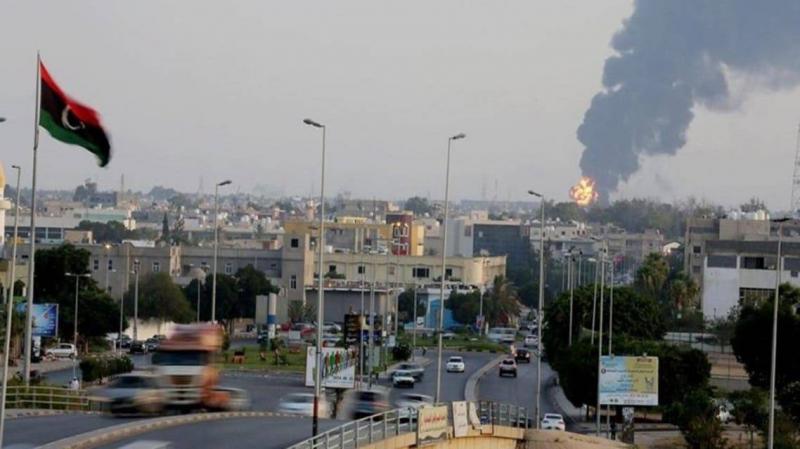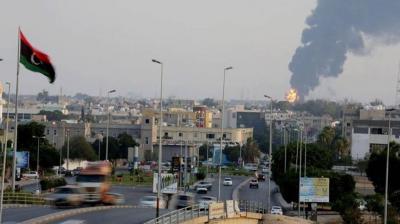A report prepared by United Nations experts stated that the number of recorded violations of the arms embargo imposed on Libya has decreased this year compared to last year. However, the "continued presence" of Chadian, Sudanese, Syrian, and Russian mercenaries "remains a serious threat" to the situation in the country. According to a confidential interim report recently received by the fifteen members of the UN Security Council and reviewed by AFP on Tuesday, "the intense pace of sending" prohibited weapon shipments to Libya has decreased, but "the arms embargo remains completely ineffective."
The experts tasked with preparing this report were assigned by the Security Council to monitor the compliance of countries with its decision regarding the prohibition of arms shipments to Libya. The report covers the period from January to November and states that the experts visited Libya twice, first in April and again in September. For the first time since 2017, they were also able to visit Benghazi (in the east), the stronghold of General Khalifa Haftar, a candidate in the presidential elections scheduled for December 24.
In their report, the experts noted that they also visited France, Italy, Spain, Switzerland, and Tunisia. They stated that "the control of some member states over supply chains continues, significantly hindering the detection, disruption, or prohibition" of arms shipments to Libya, without identifying these countries.
The report warned that "based on the transfers that took place in 2020, the stockpiles of weapons remain high enough to fuel any future conflict," emphasizing that most of Libya is still "under the control of Libyan armed groups benefiting from a conciliatory approach taken by the authorities." The report expressed regret that despite their public calls for the withdrawal of mercenaries from their country, "the parties to the conflict still retain foreign fighters within their ranks, notably nationals from Chad, Sudan, and Syria, as well as individuals from Russian private military companies."
The report stressed that "the committee has no evidence of large-scale withdrawals" of these mercenaries so far. According to the experts, the Syrian fighters supporting Turkish forces defending Tripoli against Haftar’s troops receive salaries ranging from $800 to $2,000 per month.
The report also mentioned the accusations made in September against France for conducting military operations in southern Libya, which Paris denied at the time. The report stated that "France denied its forces' involvement in any operation on Libyan territory against the Front for Change and Concord in Chad (FACT)."
The UN experts confirmed in their report that the number of transport activities "was much lower in 2021" regarding air bridges to Libya, which were used in 2020 by the UAE and Russia, sometimes through Syria, and Turkey. Furthermore, there was a 55% decrease in the number of Russian military flights to eastern Libya, which Moscow also uses as a transit point for flights heading to the Central African Republic, while Turkish military flights to Libya decreased by 64%. Conversely, the report noted a 71% increase in the number of flights operated by the Syrian Wings of Sham airline to and from Libya, which the report suggested could be due to the exchange of foreign fighters.




